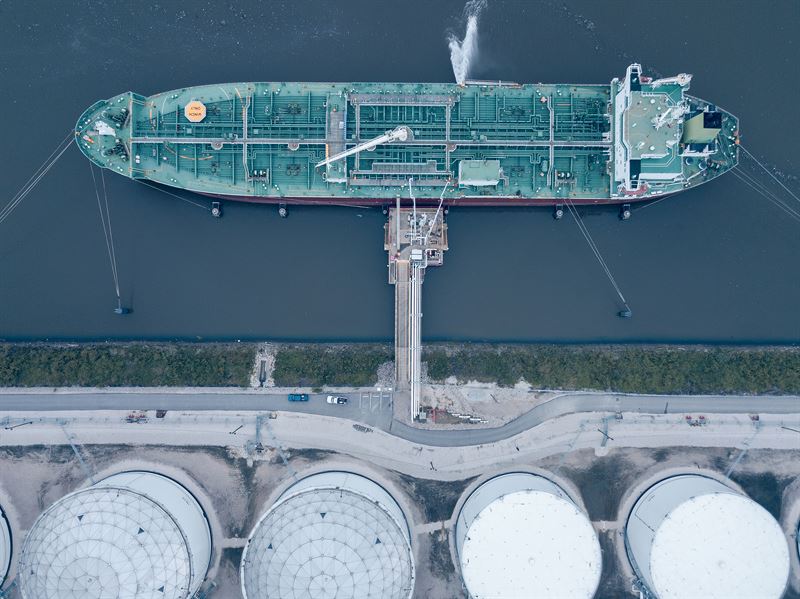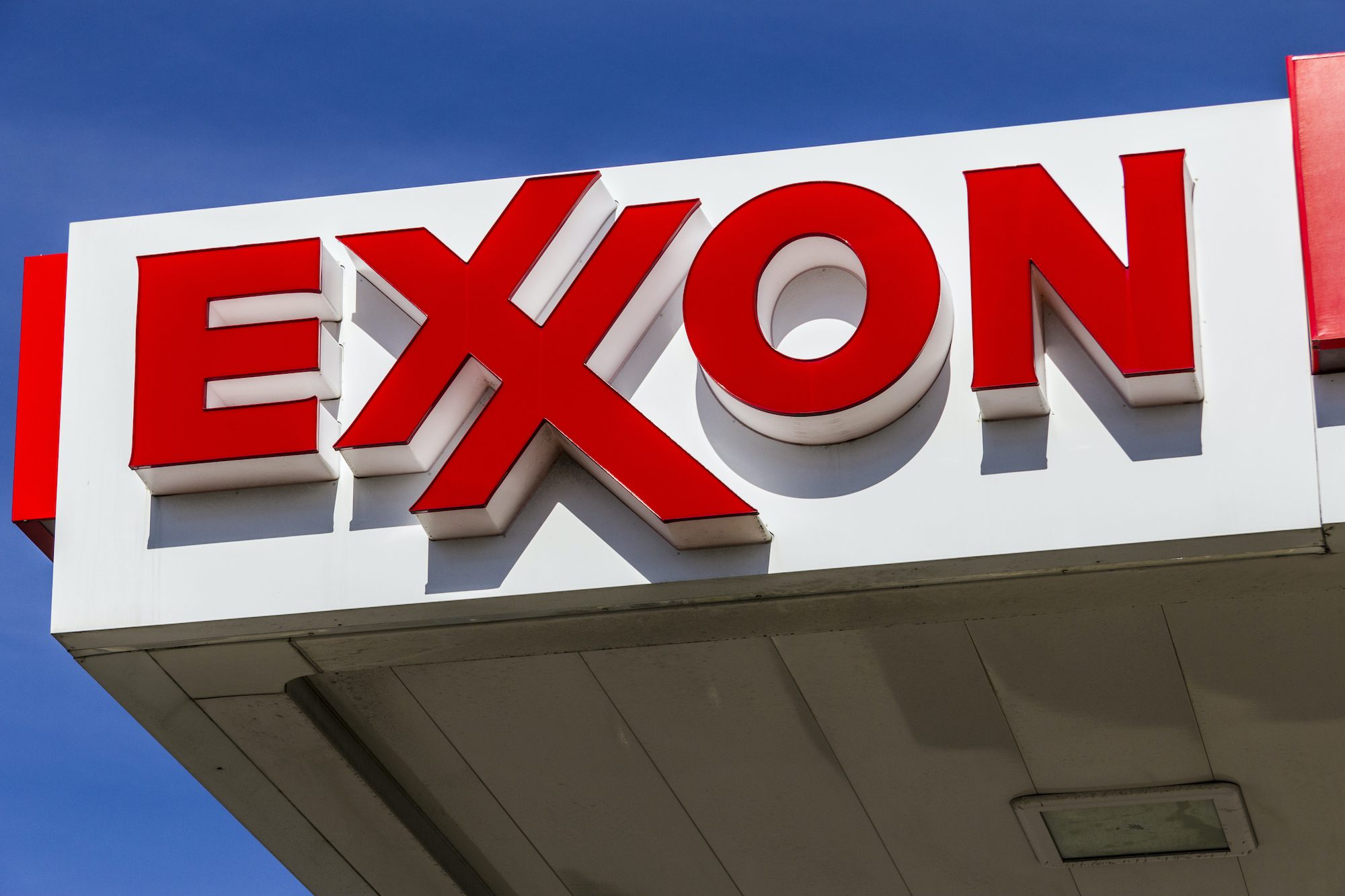by John Konrad (gCaptain) A dwindling oil tanker fleet could deepen the global energy crisis over the next three years as energy companies try to increase production to meet demand.
Although some maritime industry insiders thought the long decline in the tanker market might have finally hit bottom, tanker owners are still being cautious and have not ordered many new ships this year. “The tanker orderbook is now the smallest it has been in 25 years,” the firm Clarksons Research wrote in their mid-year review.
Bimco’s chief shipping analyst, Niels Rasmussen, stated last week that the crude and product tanker fleet is shrinking. This is partially due to newbuilding contracts in 2022 being the lowest on record.
Related Book: Oil on the Brain: Petroleum’s Long, Strange Trip to Your Tank by Lisa Margonelli
“If contracting doesn’t improve, we may see both crude and product tanker fleets shrinking in the next few years.,” said Rasmussen. “The orderbook to fleet ratio is at 5.1 percent for both crude and product tankers.”
Only 23 tankers were contracted to be built in the first six months of 2022. The total deadweight tonnage (dwt) of these contracts is barely half of the previous record six-monthly low of 3m dwt seen during the last 26 years. Rasmussen believes that unless contracting picks up, both the crude and product tanker fleet will reduce in size in the coming years.
In addition to newbuild numbers, the global fleet size is also determined by the number of ships scrapped each year. According to Rasmussen, the demolition rate for ships could increase due to the age of the fleet.
In the short to medium term, Rasmussen said there was a good case for more newbuild orders, owing to the continued global recovery from the Covid-19 pandemic and the prospect of better rates owing to the European Union ban on Russian oil.
Long term it’s unclear how much demand there will be for tankers because of factors such as European energy demand, the possible escalation of geopolitical conflict, and industry goals to meet new decarbonization targets.
Unlock Exclusive Insights Today!
Join the gCaptain Club for curated content, insider opinions, and vibrant community discussions.

 Join The Club
Join The Club













